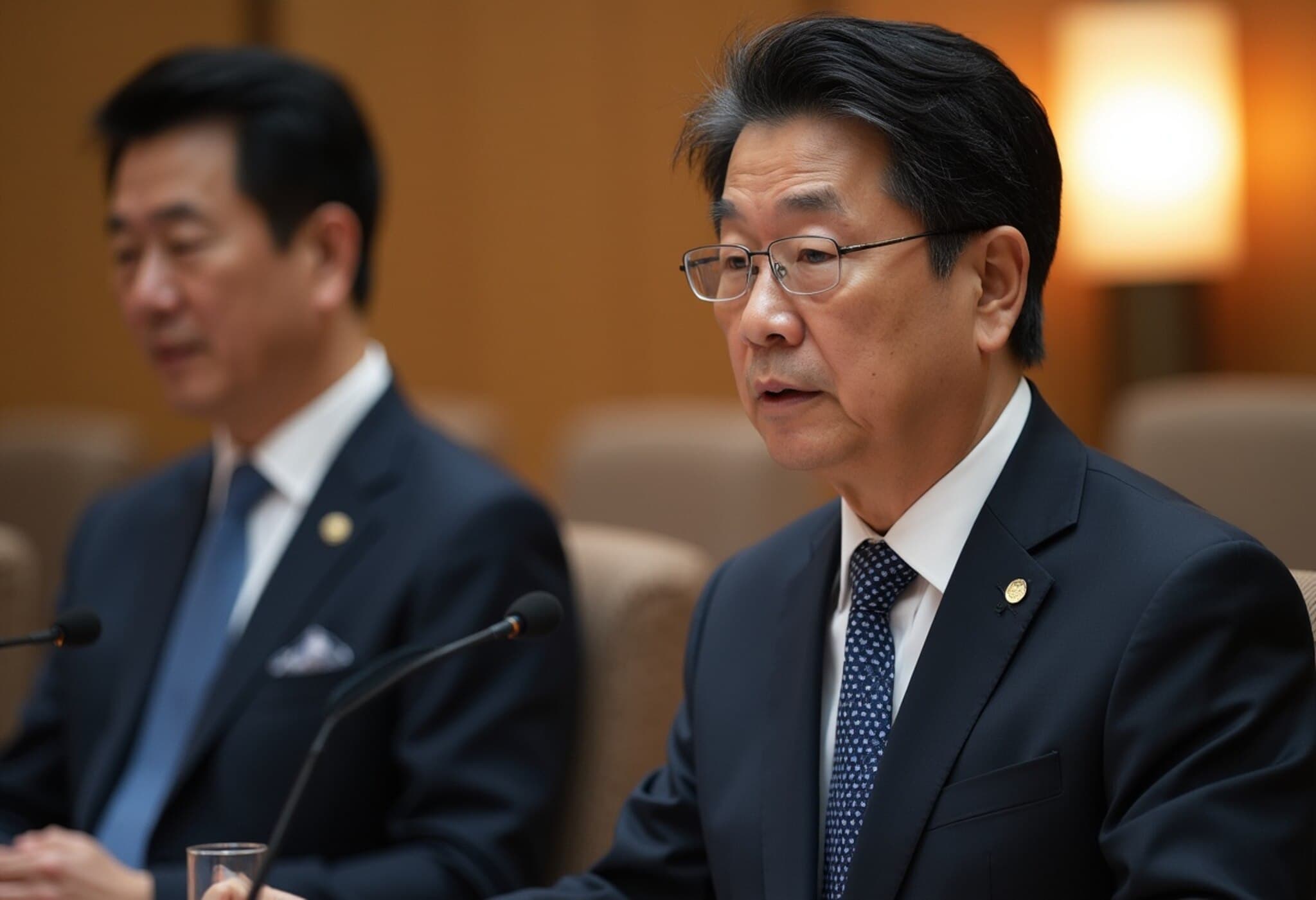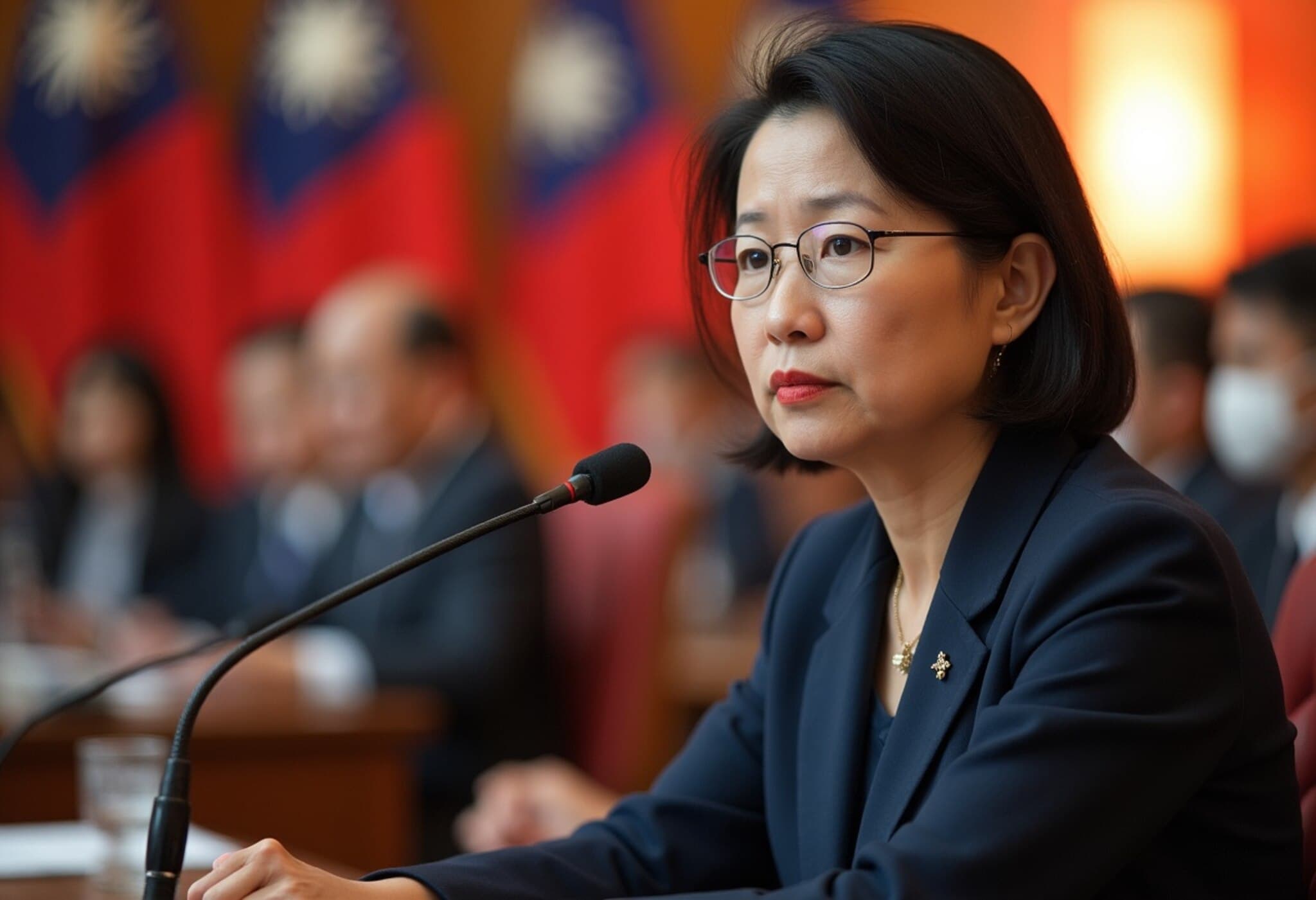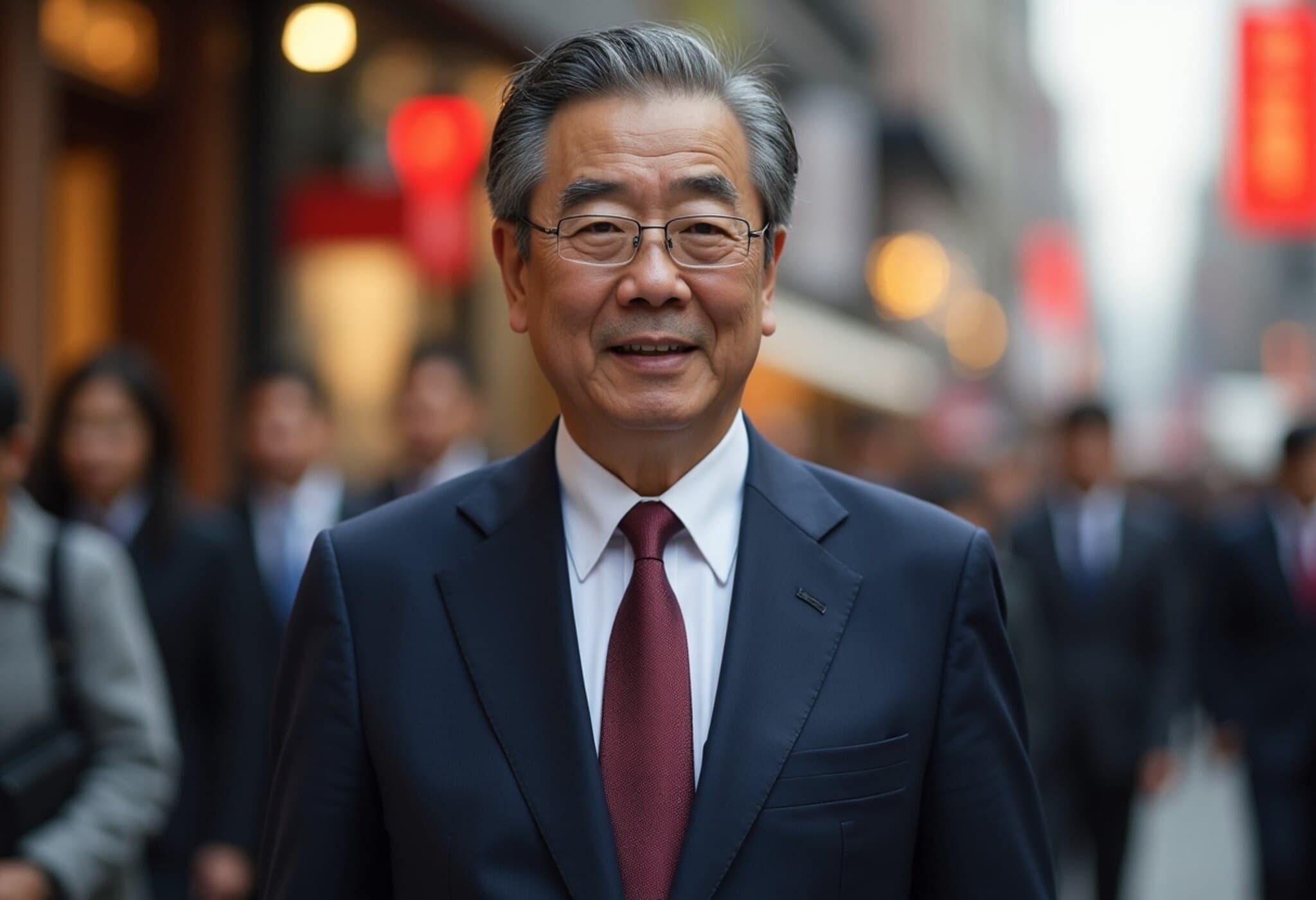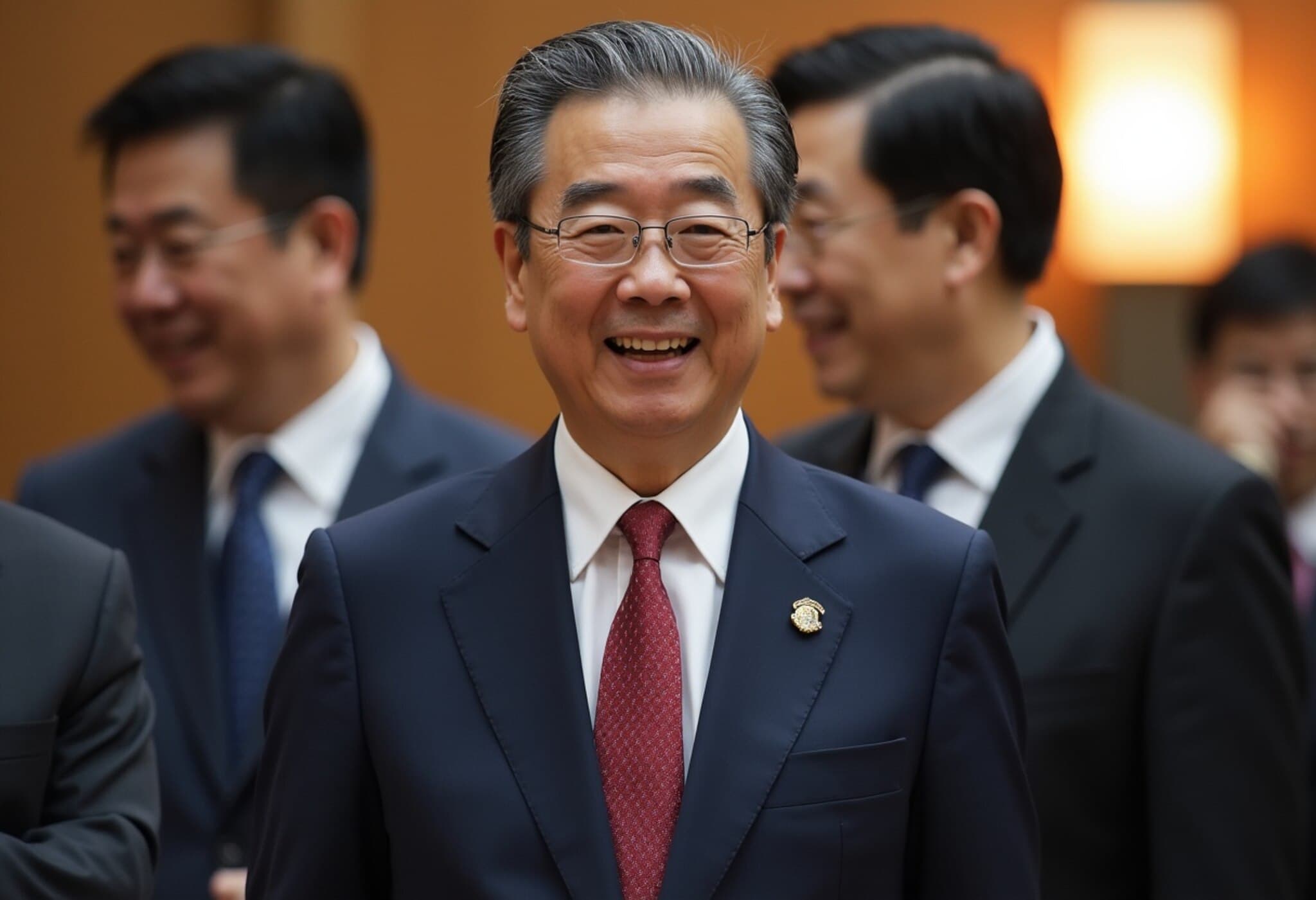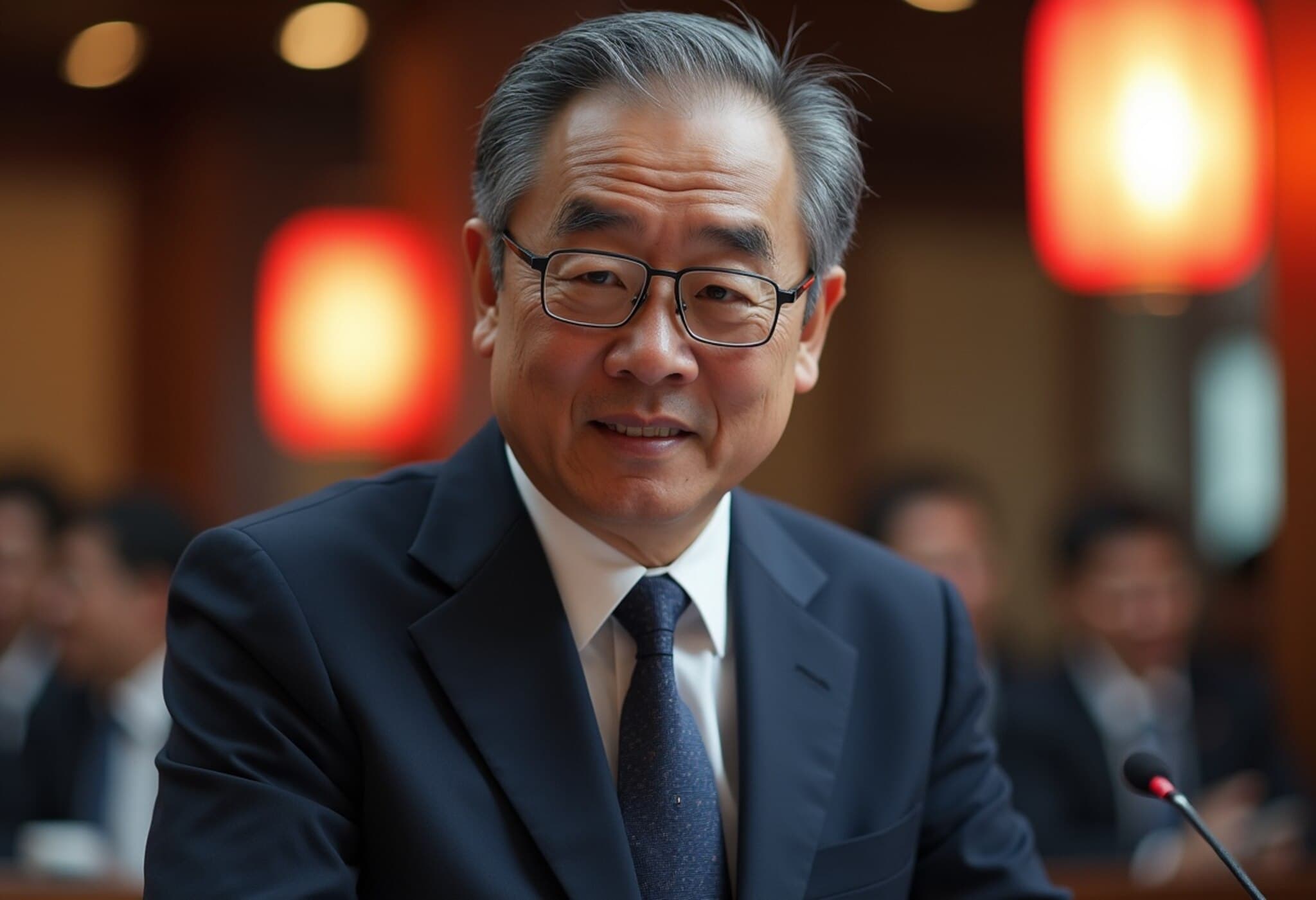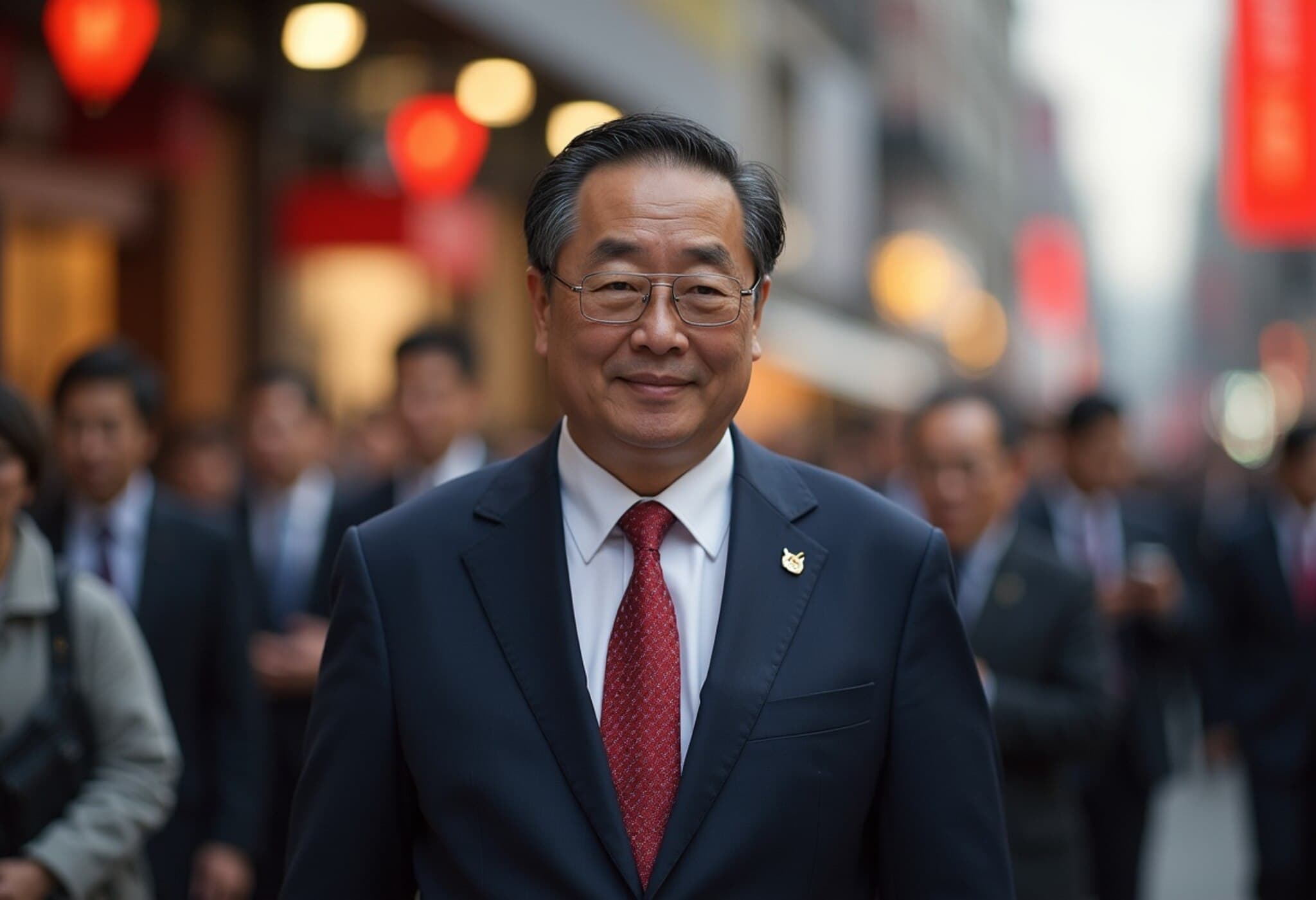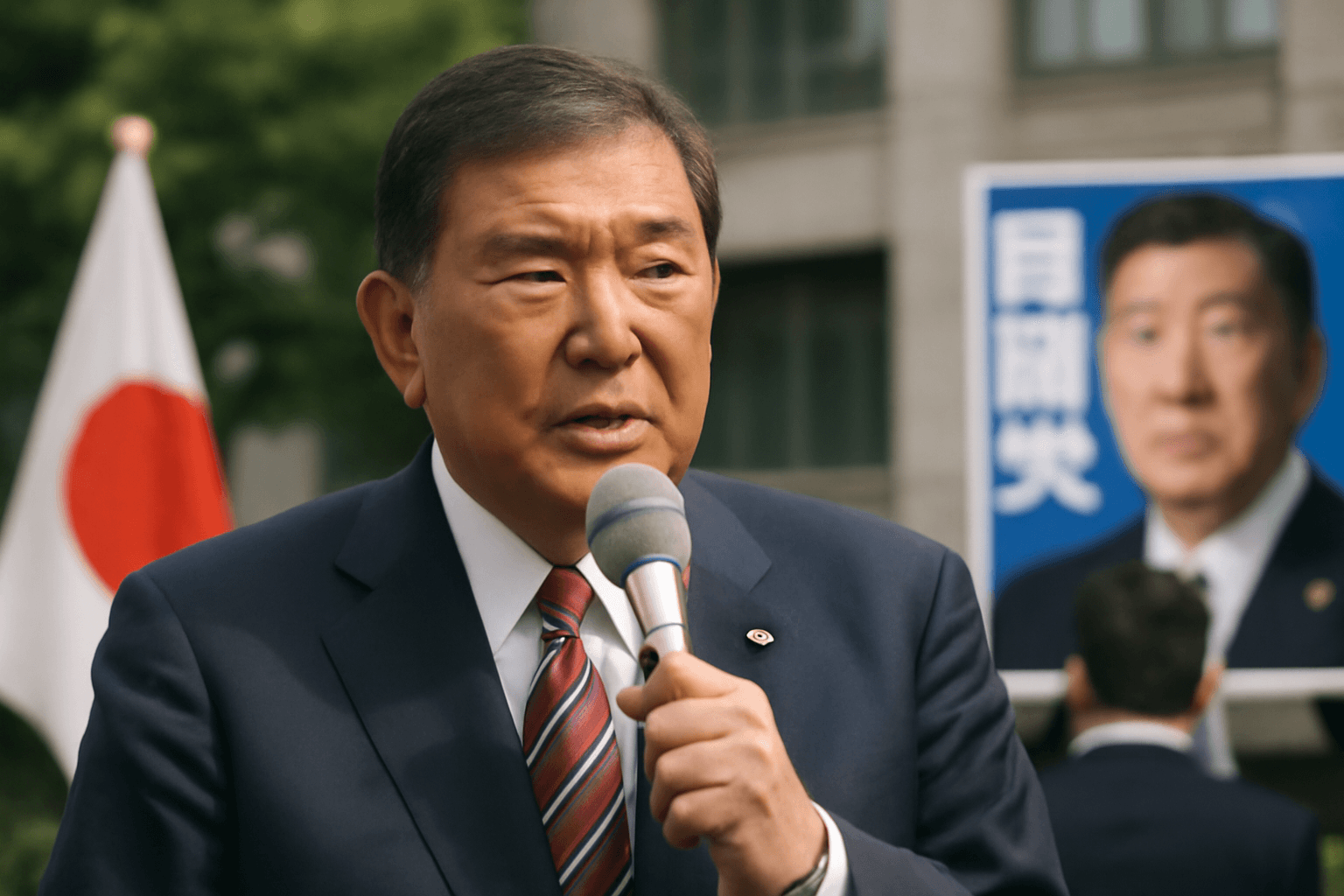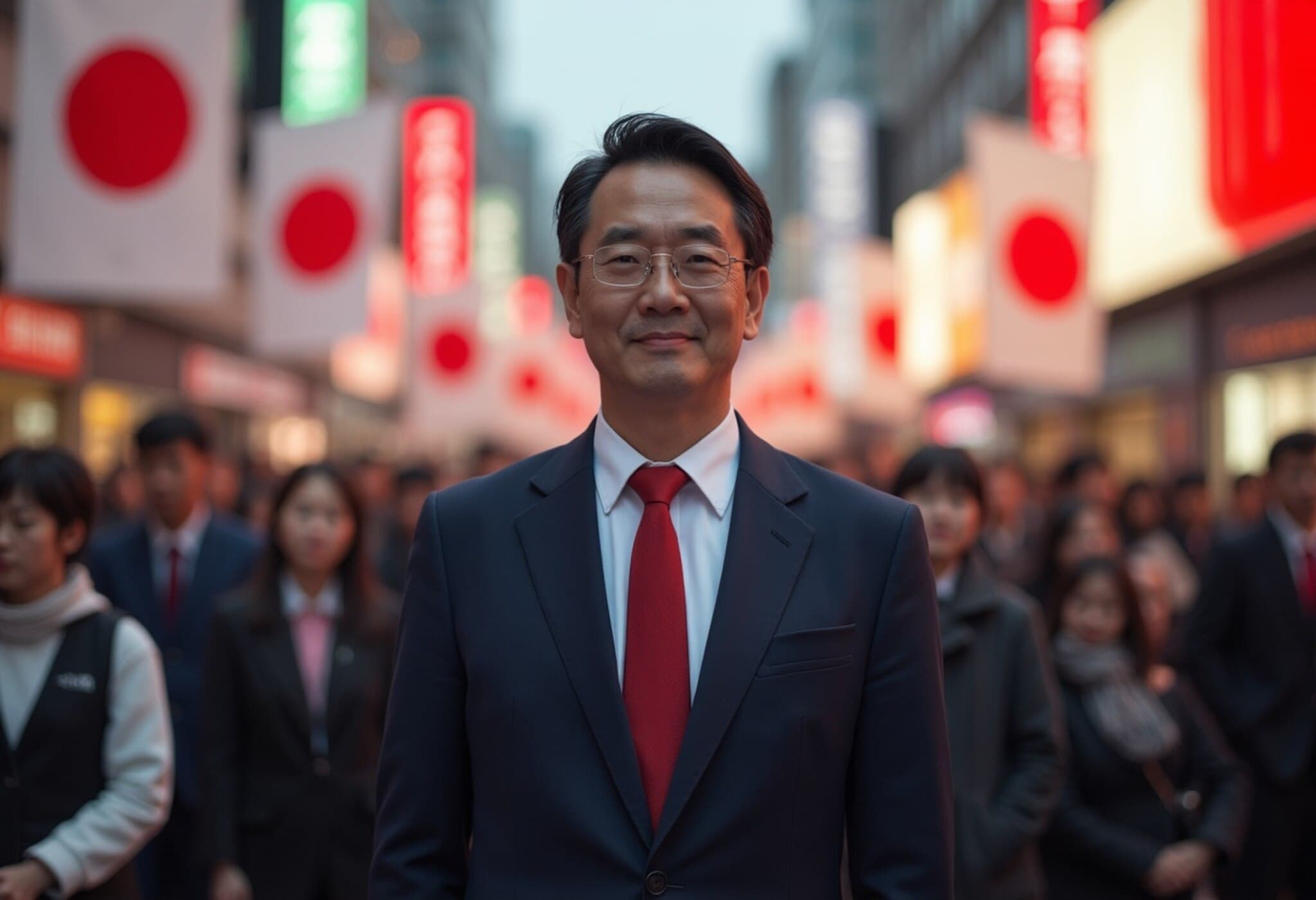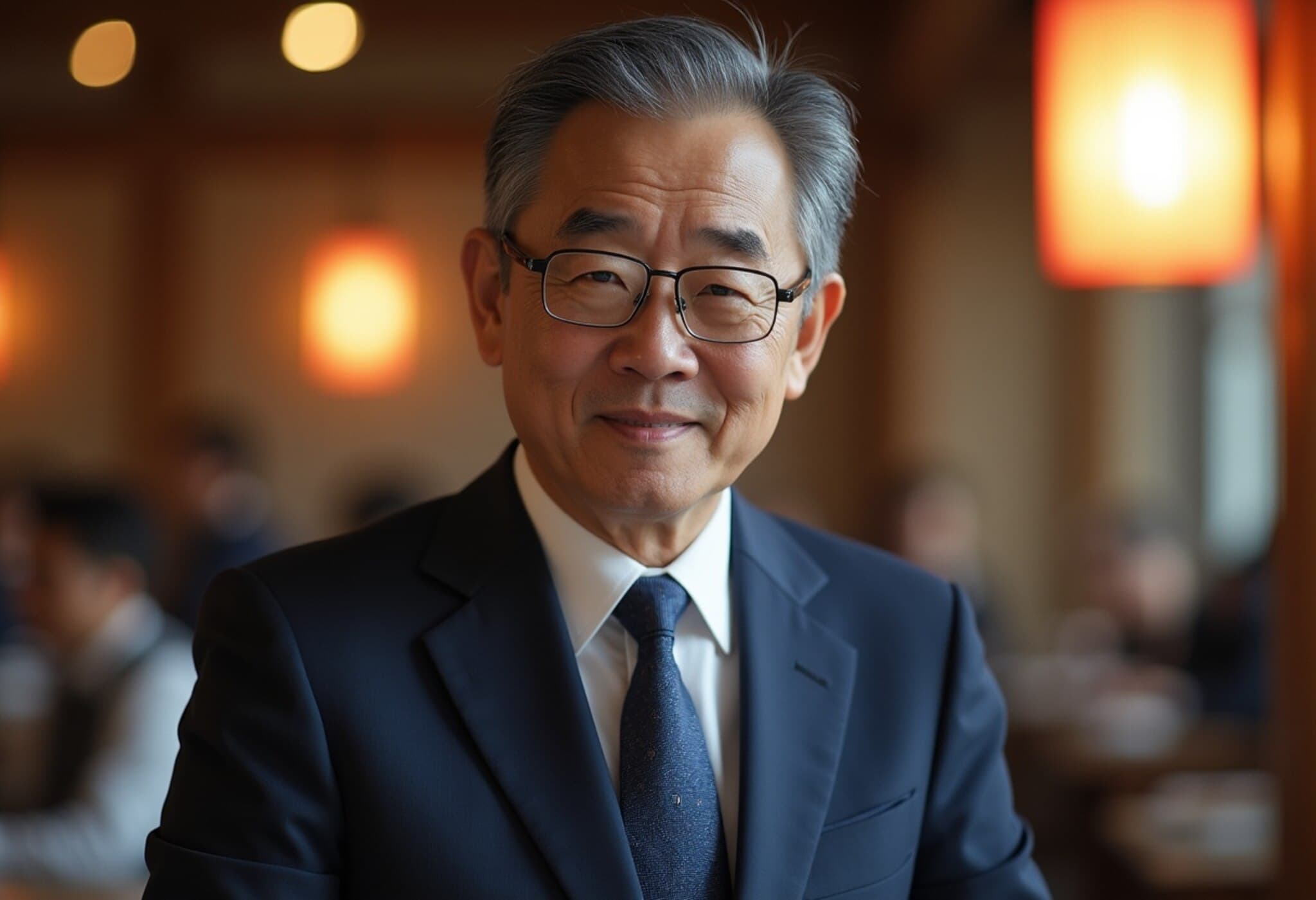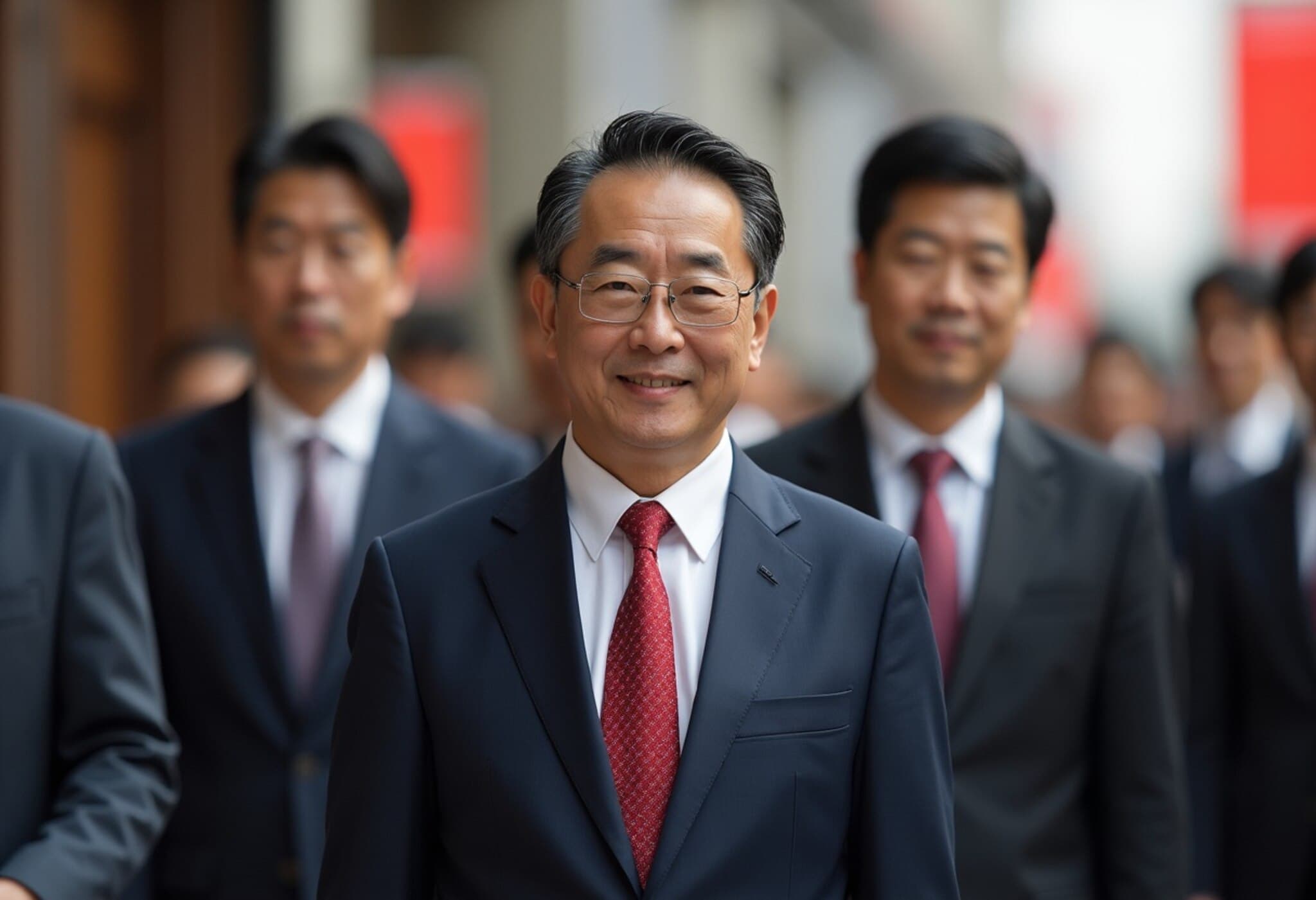Japanese Prime Minister Shigeru Ishiba’s Coalition Suffers Significant Defeat in Upper House Elections
In a stunning development that has sent ripples through Japan’s political landscape, Prime Minister Shigeru Ishiba’s ruling coalition has failed to secure a majority in the 248-seat Upper House, according to NHK public television’s election coverage on July 21, 2025. This outcome marks a pivotal moment of political upheaval, intensifying doubts over Japan’s stability and Ishiba’s leadership future.
Coalition Falls Short by a Narrow Margin
The Liberal Democratic Party (LDP), which together with its junior coalition partner, the Buddhist-backed Komeito, needed to win at least 50 additional seats to maintain control, managed only 47—falling just three seats short. When combined with the 75 seats already held, this means that Ishiba’s coalition no longer commands a majority, resulting in a minority government in both chambers after their earlier setback in the October lower house elections.
Historical Context: A Rare Loss for the LDP
This is an unprecedented moment since the LDP’s establishment in 1955, marking the first time its grip on power has slipped simultaneously in both the Upper and Lower Houses of the Diet. The political ramifications are profound, with experts warning that Japan now faces a phase of increased legislative gridlock and governance challenges.
Ishiba’s Response and Political Implications
Despite the blow, Prime Minister Ishiba stood firm, expressing resolve to continue tackling pressing issues such as international tariff threats, economic pressures, and domestic reforms without creating a leadership void. “I will fulfill my responsibility as head of the No. 1 party and work earnestly for the country,” he declared in a statement.
Nevertheless, there is growing speculation within political circles about potential leadership changes or the need for Ishiba to seek new coalition partnerships to stabilize the government. Political analysts note that the erosion of majority could embolden opposition parties and exacerbate intra-party dissent.
Election Results: A Closer Look
- The LDP won 39 seats alone, surpassing some exit polls that predicted only 32 seats.
- Komeito’s performance further impacted the coalition’s ability to secure its target number of 50 seats.
- Ishiba attributed underperformance to the delayed impact of government policies aimed at curbing inflation and supporting citizens amidst rising prices.
In an NHK live interview, Ishiba acknowledged the electoral setback candidly: “It’s a tough situation. I take it humbly and sincerely.”
What This Means for Japan’s Political Stability
The Upper House in Japan lacks the constitutional power to initiate a no-confidence motion against the Prime Minister. As a result, this election outcome does not trigger an immediate governmental overhaul. However, it significantly weakens Ishiba’s strategic position, inviting questions about his short- and medium-term political viability.
Political observers emphasize that Japan could face challenges enacting legislation and significant policy initiatives, especially amid external pressures such as trade tensions with the United States and a fragile economic recovery post-pandemic.
Expert Insight: Dr. Yuki Nakamura, a political science professor at the University of Tokyo, states, “This election result reflects a growing public disenchantment with traditional parties and policies. Ishiba’s administration must now navigate carefully to rebuild trust and work towards greater inclusivity in policymaking or risk prolonged political fragmentation.”
Looking Ahead: Navigating Uncertain Waters
Japan stands at a crossroads where political uncertainty could impede critical progress on economic reforms and international diplomacy. Ishiba’s leadership style and potential cabinet reshuffles, coupled with possible new alliances, will be pivotal in shaping Japan’s trajectory over the coming months.
For American policymakers and investors, Japan’s political shifts warrant close attention, given the deep economic ties and strategic partnerships between the two nations. Stability in Tokyo is essential for continued trade negotiations and security cooperation in the increasingly complex Indo-Pacific region.
Editor’s Note
This electoral outcome spotlights the delicate balancing act Japanese leaders face amid domestic economic pressures and evolving global challenges. The loss of a majority in both parliamentary houses underlines a public desire for change, though the path forward remains uncertain. Readers should watch how Ishiba’s government responds to internal dissent, opposition momentum, and external economic threats. Will Japan find political renewal through coalition-building and policy innovation, or will we see increased fragmentation? This election serves as an important reminder of the need for responsive, inclusive governance in a rapidly changing world.

